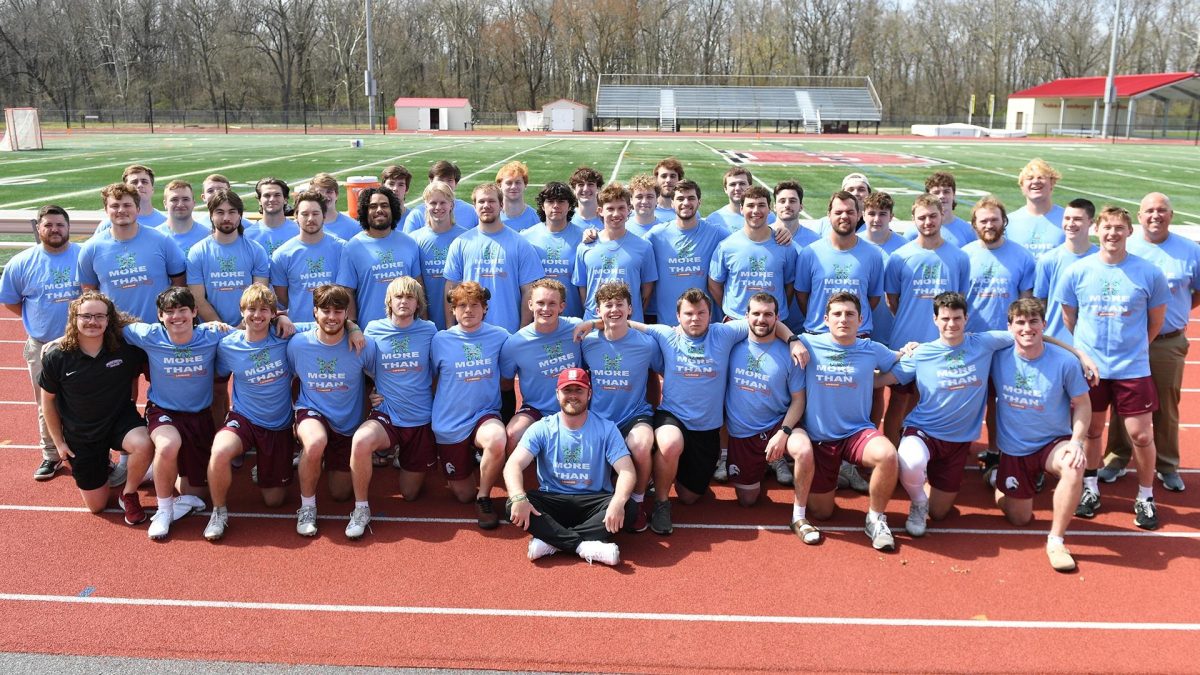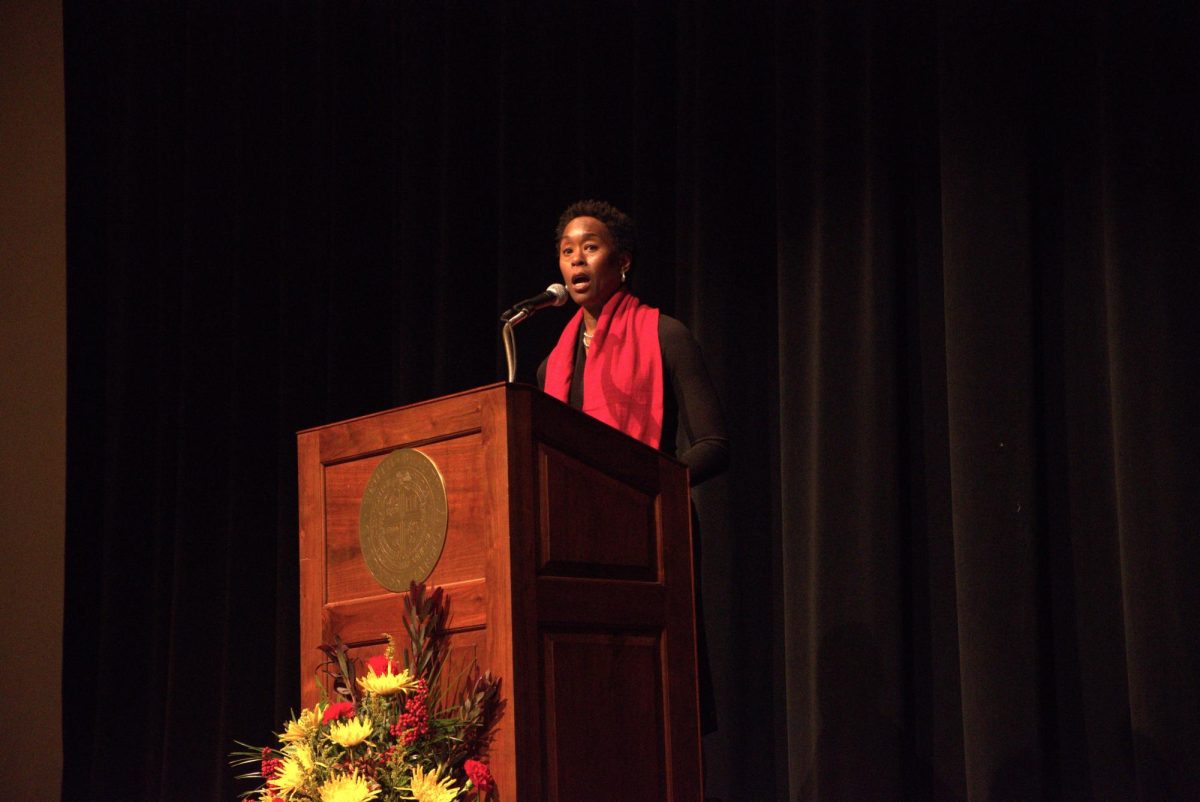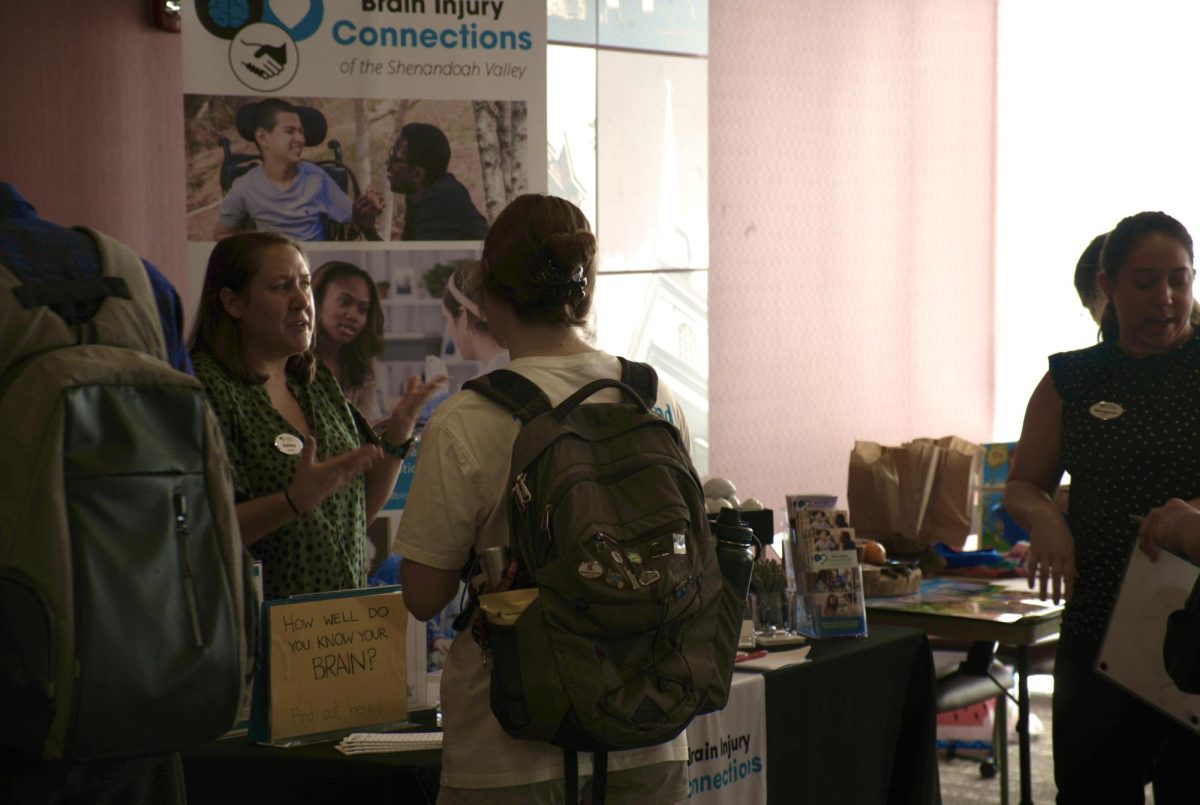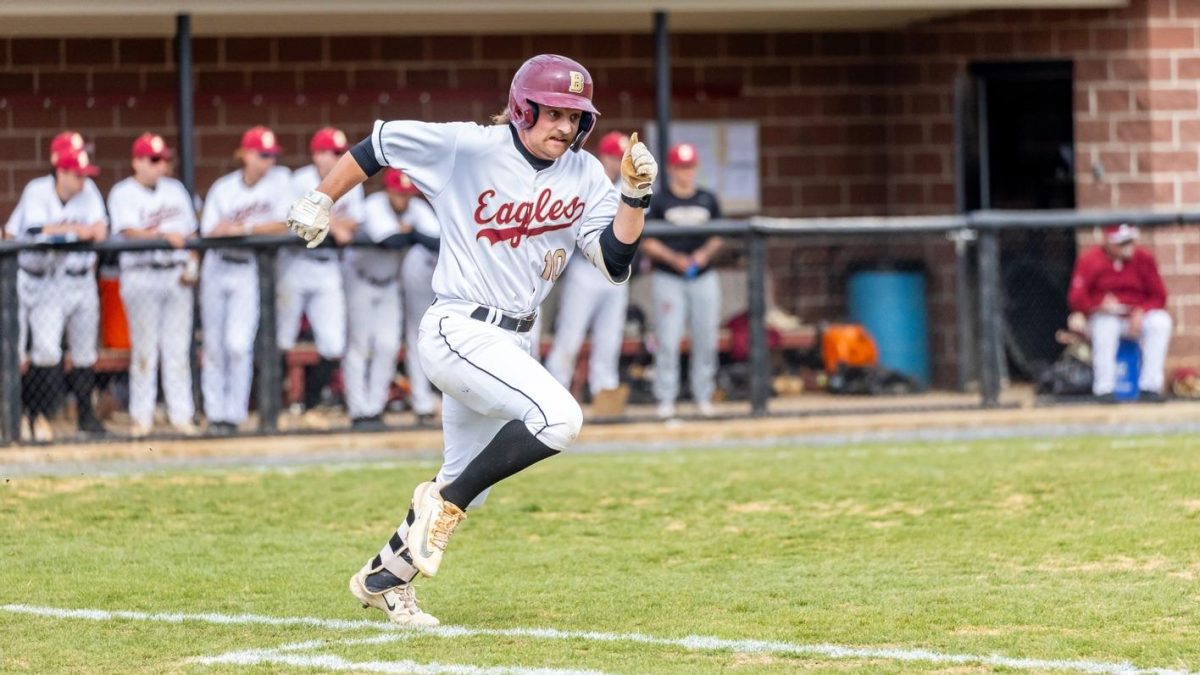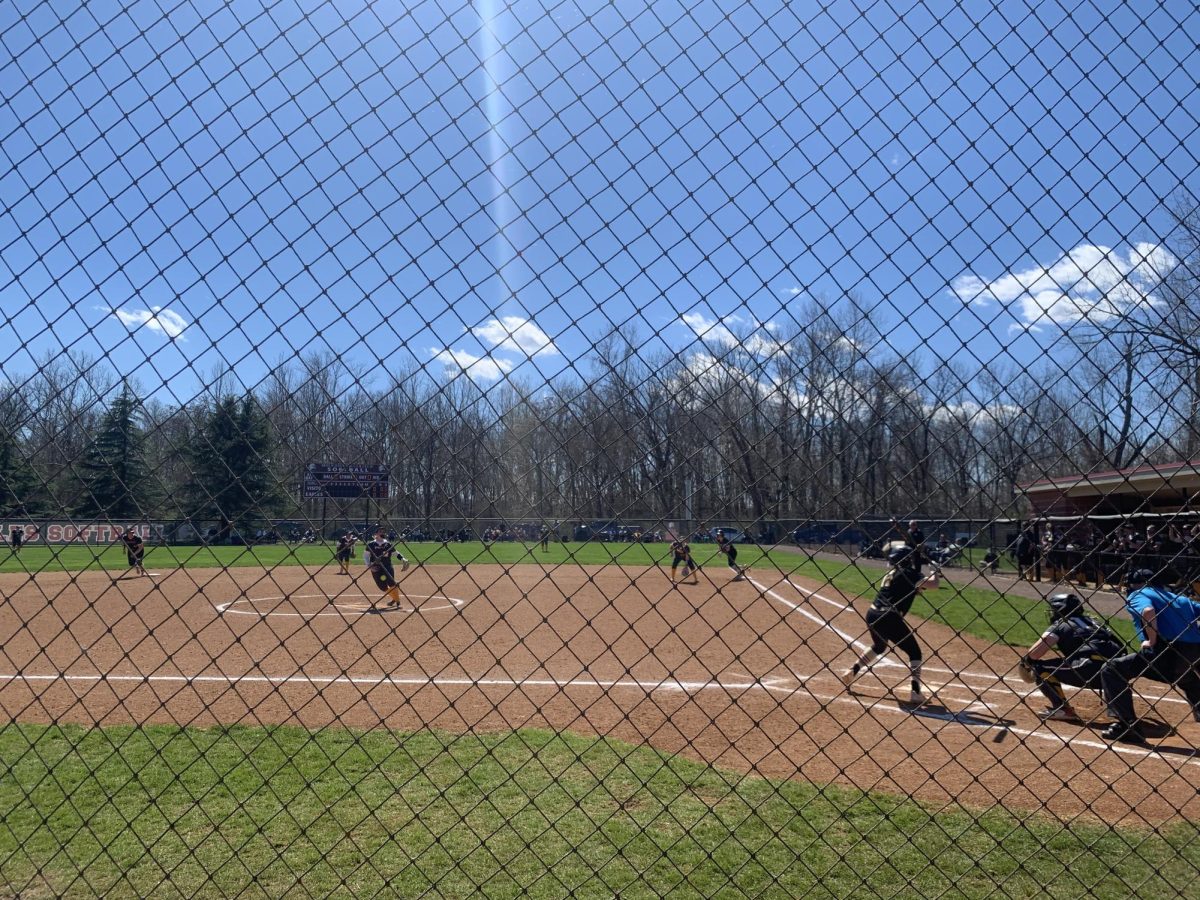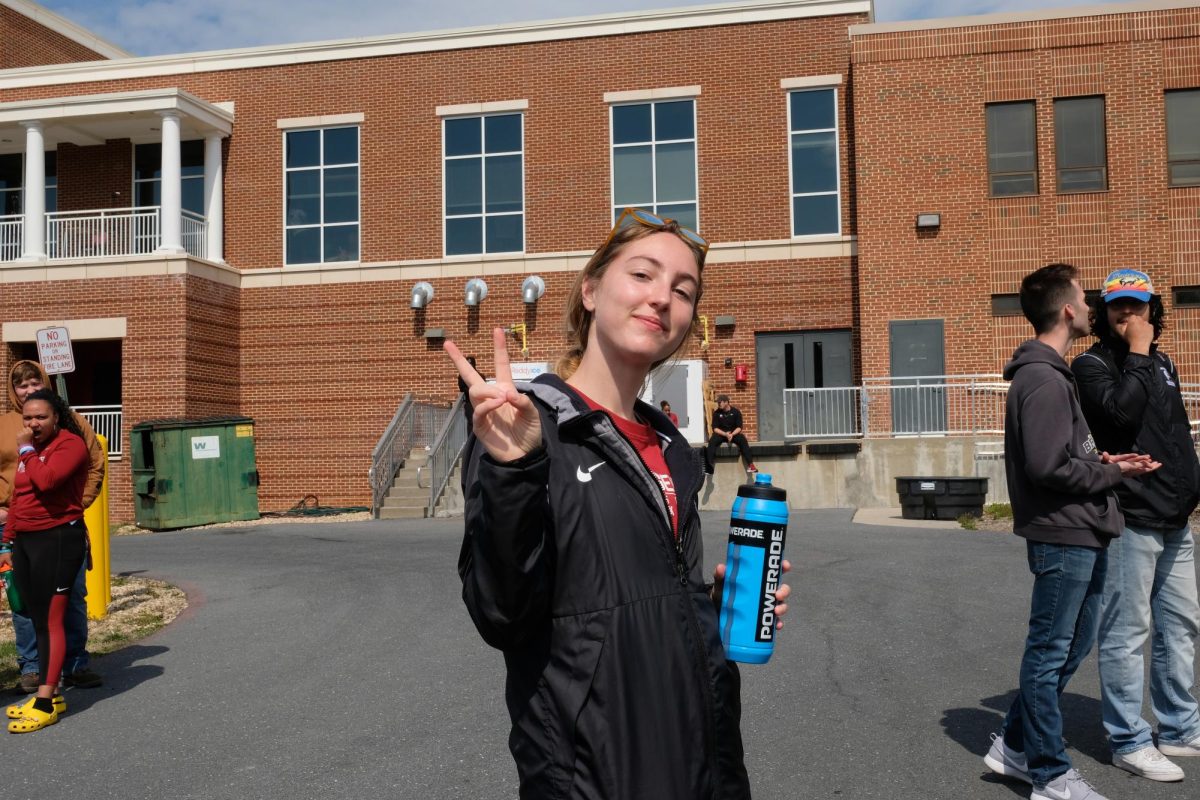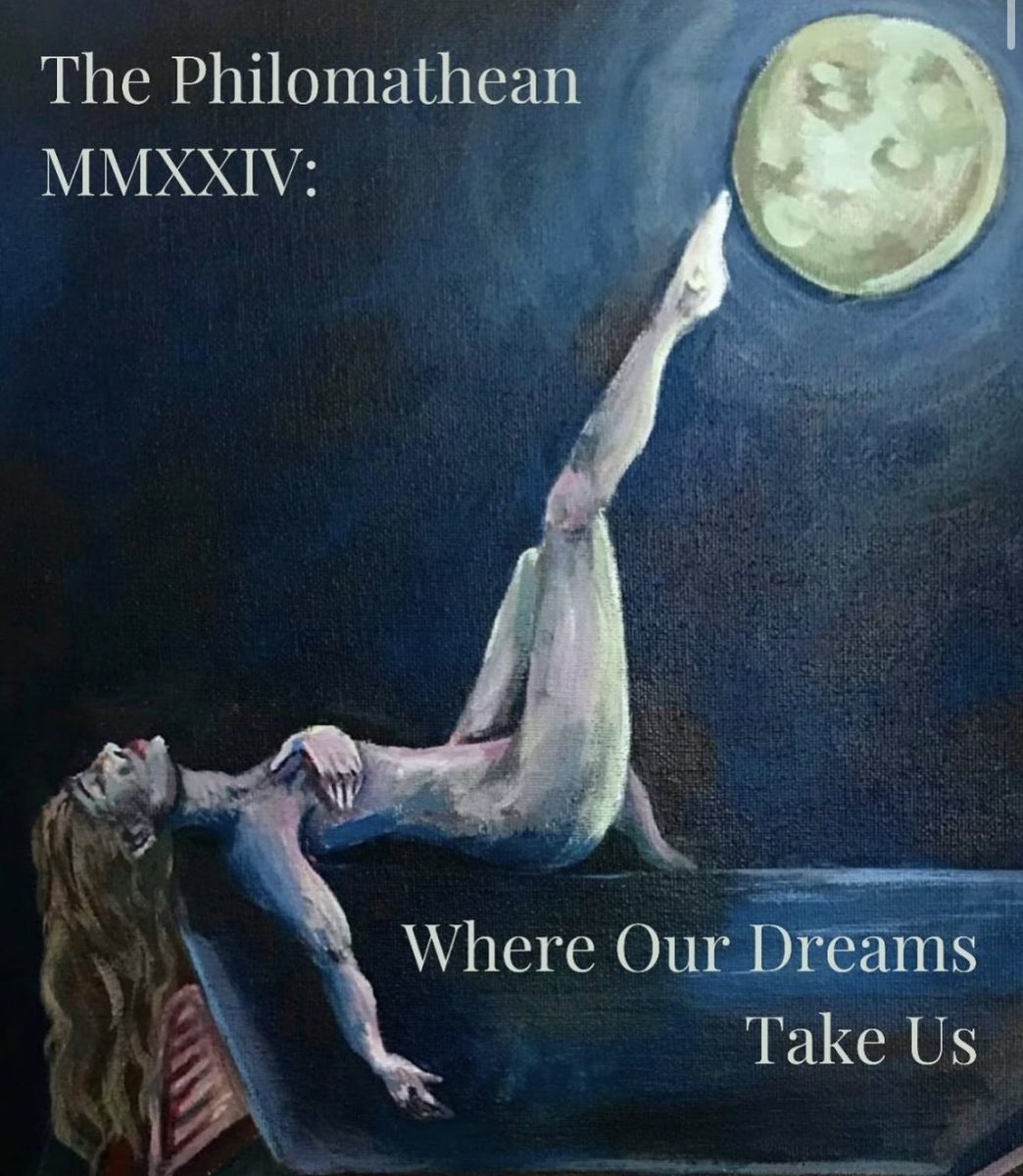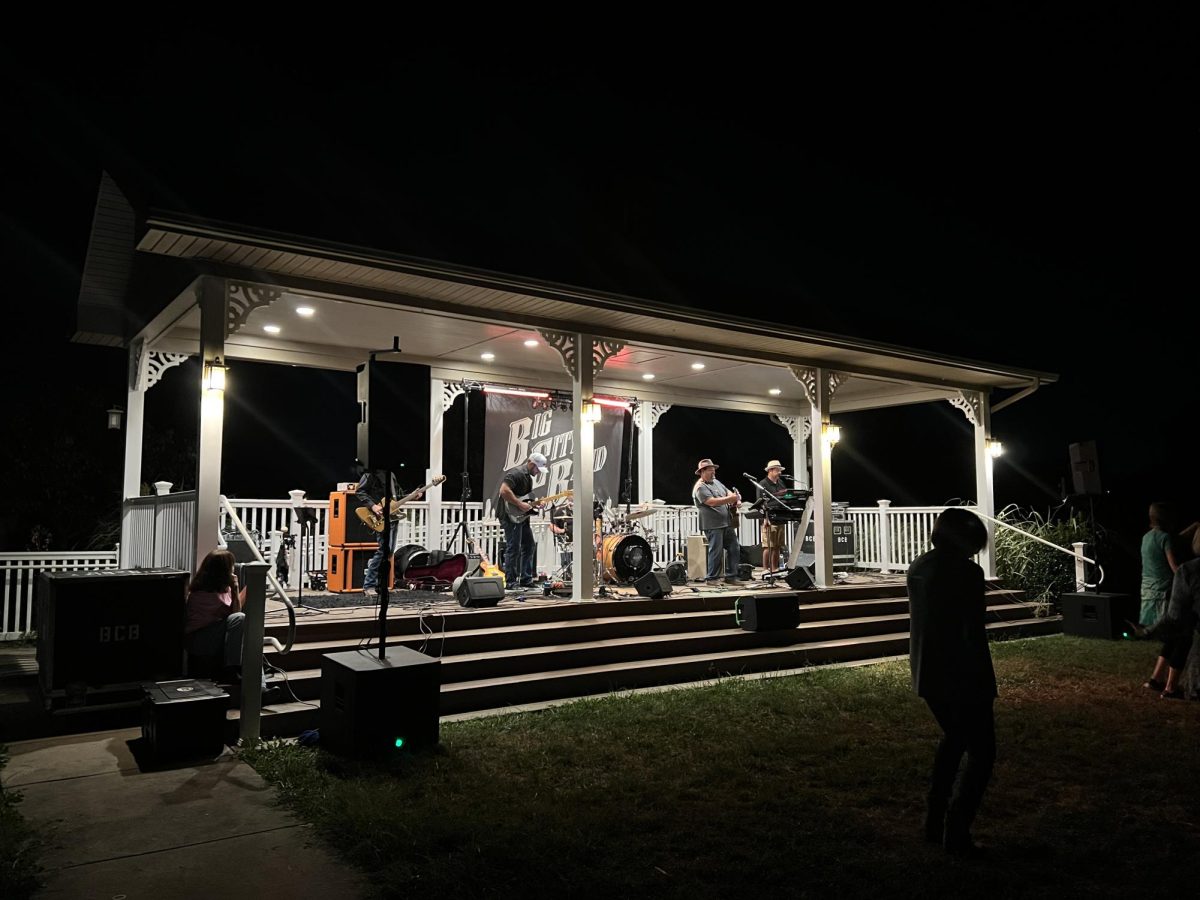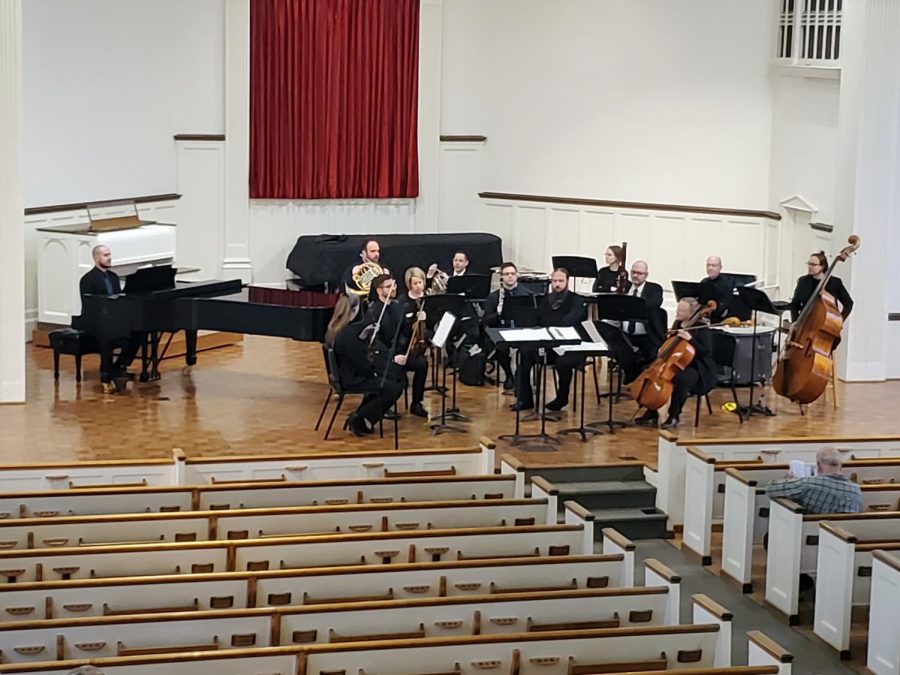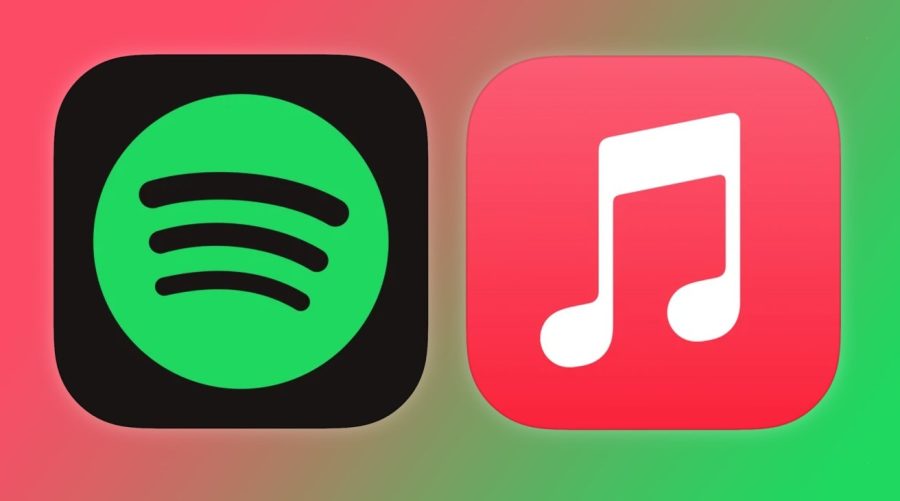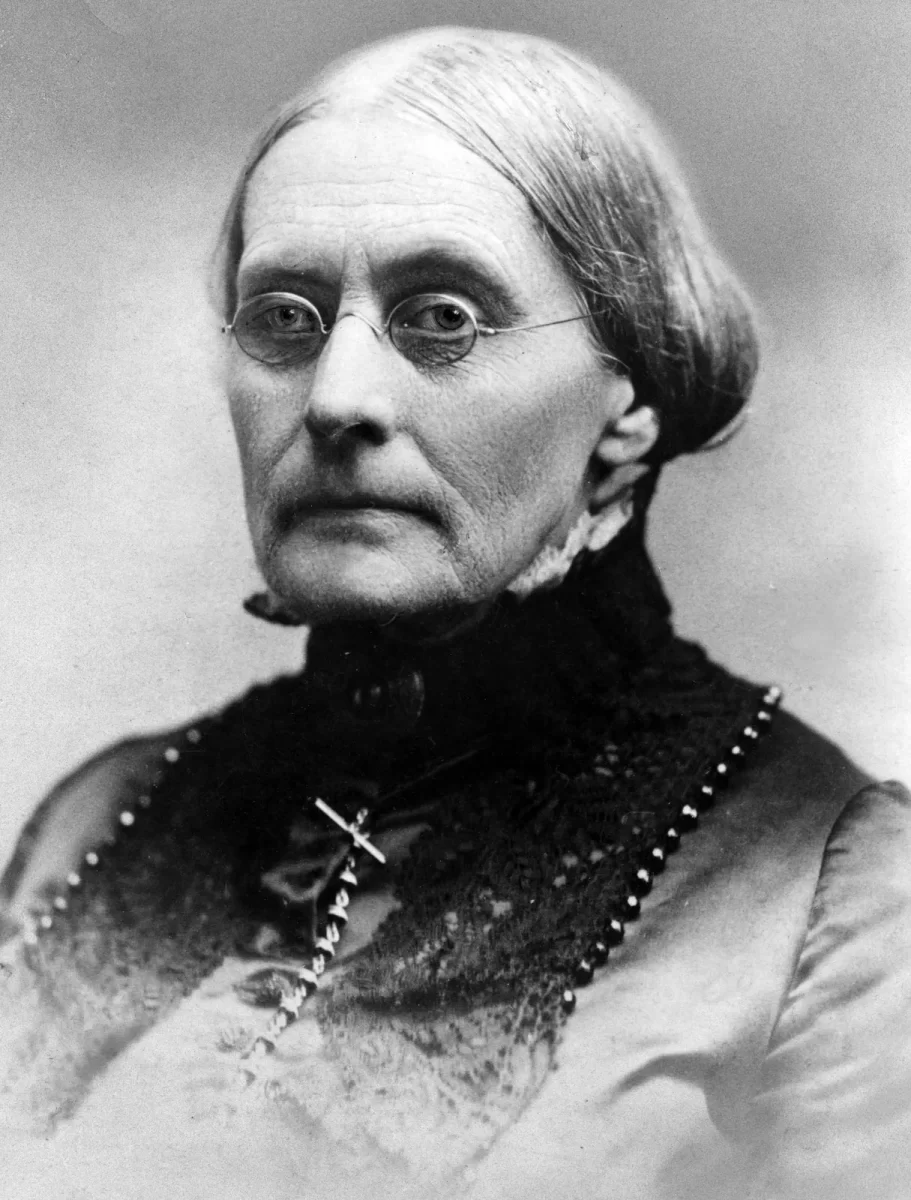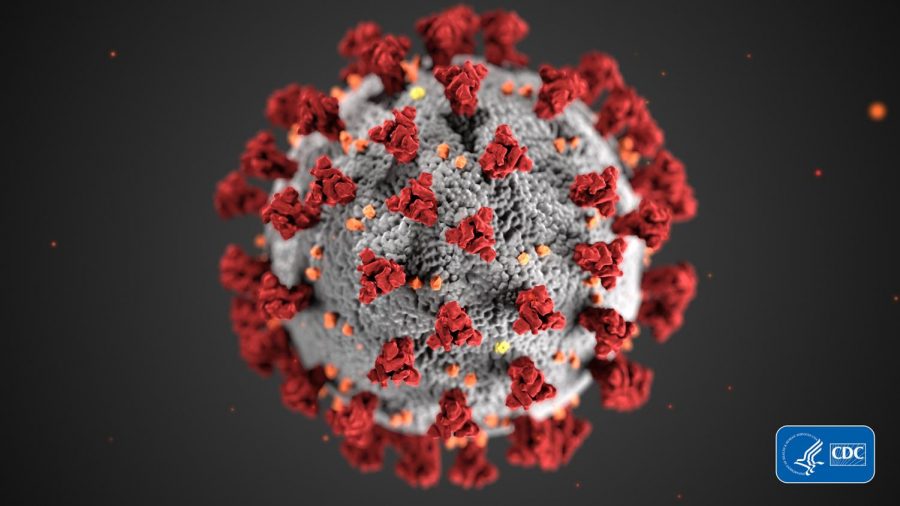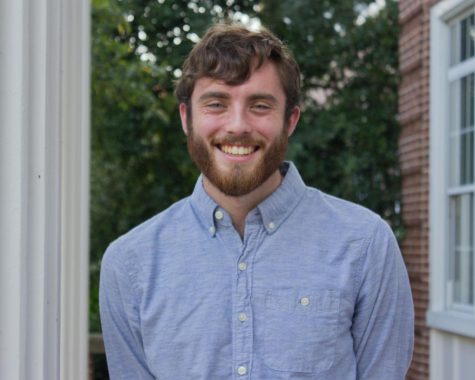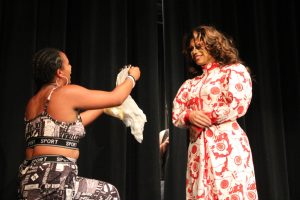Bridgewater College Closes Due to Coronavirus
Classes To Be Held Online From March 16 to April 3 “Out of an Abundance of Caution”
COVID-19 Pneumonia
March 11, 2020
Bridgewater, Va. – Following the actions of University of Virginia and James Madison University, along with dozens of other colleges and universities across the country, Bridgewater College announced its classes will be held online effective March 16 until at least April 3.
In an email sent out to students, Bridgewater College President David Bushman told students that the college would be implementing a distance learning model to continue students’ education. This model will be determined individually by each faculty member.
“Our goals are first and foremost to keep our students, faculty, and staff safe, and to support course completion and graduation,” said Bushman.
Students are expected to be off campus by Friday, March 13. However, they can request a waiver to remain on-campus for a variety of reasons, such as, an unsafe home environment, distance from home, transportation access, or non-residential option for relocation.
Bridgewater is following the lead of at least 135 other campuses that have closed, and even though most have no confirmed cases among their students. The reason, an unnamed Harvard University official told MSNBC, is that “dorms are cruise ships.” The U.S. Department of State has issued a warning against cruise ships leading to an increased rate of infection.
The BC administration began closely monitoring the novel coronavirus, which began in Wuhan, China, in Dec. 2019 and has infected thousands around the world. During spring break, students, faculty and staff received an email from Associate Dean of Students for Health and Wellness Dr. J. Neal Rittenhouse who provided precautionary measures and announced the publication of the College’s COVID-19 webpage.
According to the Centers of Disease Control and Prevention, coronaviruses are a family of viruses that are common in people and different species of animals. It is rare that people contract an animal coronavirus, but this new coronavirus, also known as COVID-19, has originated from bats. The CDC believes that this virus has emerged from an animal reservoir.
The virus first came in contact with humans in the Hubei Province of Wuhan, China, where the first patients of the outbreak were all linked to a seafood and live animal market. The CDC reports that as people who were not connected to the market began getting ill, it had indicated that the virus had advanced to person-to-person contact, leading to the spread of the novel coronavirus around the world.
The novel coronavirus was confirmed in the United States on Jan. 21 from a traveler from Wuhan, according to the Virginia Department of Health. The Virginia Department of Health has also confirmed that Virginia now has 9 presumptive positive cases of COVID-19 as of March 10.
There were various precursors to the college’s closing. Market Research (BUS 315) was one of the first classes on campus to go online as of Tuesday, March 10. In a separate case, on March 11, Vice President for Student Life & Dean of Students Leslie Frere sent an email to the campus community regarding a BC faculty member who traveled to Italy during spring break and elected to self-isolate. The faculty member was not identified.


